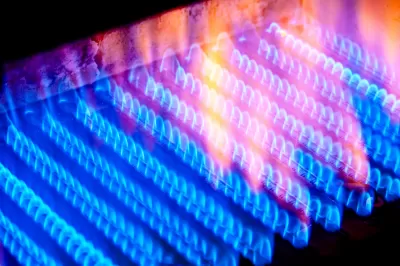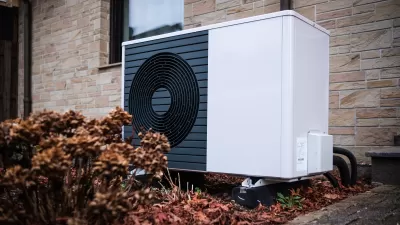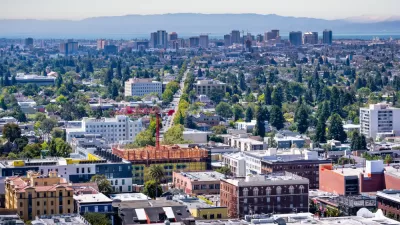The state developed a framework for planning to phase out natural gas, denying industry calls to allow hydrogen and renewable natural gas.

The Massachusetts Department of Public Utilities released a “framework for reducing the use of gas for heating as part of a larger strategy to address climate change.” According to an article by Dan Gearino in Inside Climate News, “Massachusetts is the first state to take such a clear step to phase out natural gas, but it likely won’t be the last.” Natural gas powers 51 percent of Massachusetts households, giving the change the potential to make a significant impact.
The ruling acknowledges the disproportionate impact that the cost of shifting away from natural gas will have on lower-income consumers and homeowners, but said only that the department will “monitor and reduce the energy cost burden.” Jenifer Bosco of the National Consumer Law Center told Inside Climate News, “Without a focus on affordability, low-income consumers could be left stranded on an increasingly unaffordable gas system, bearing more than their share of the cost to keep the system operating.”
Energy companies have been lobbying to allow the use of other alternative fuels such as hydrogen and renewable natural gas. “The department rejected most of the utilities’ suggestions, with some of the only agreement coming on the idea that the companies should explore greater use of geothermal energy.”
FULL STORY: Massachusetts Just Took a Big Step Away from Natural Gas. Which States Might Follow?

Alabama: Trump Terminates Settlements for Black Communities Harmed By Raw Sewage
Trump deemed the landmark civil rights agreement “illegal DEI and environmental justice policy.”

Planetizen Federal Action Tracker
A weekly monitor of how Trump’s orders and actions are impacting planners and planning in America.

The 120 Year Old Tiny Home Villages That Sheltered San Francisco’s Earthquake Refugees
More than a century ago, San Francisco mobilized to house thousands of residents displaced by the 1906 earthquake. Could their strategy offer a model for the present?

Ken Jennings Launches Transit Web Series
The Jeopardy champ wants you to ride public transit.

BLM To Rescind Public Lands Rule
The change will downgrade conservation, once again putting federal land at risk for mining and other extractive uses.

Indy Neighborhood Group Builds Temporary Multi-Use Path
Community members, aided in part by funding from the city, repurposed a vehicle lane to create a protected bike and pedestrian path for the summer season.
Urban Design for Planners 1: Software Tools
This six-course series explores essential urban design concepts using open source software and equips planners with the tools they need to participate fully in the urban design process.
Planning for Universal Design
Learn the tools for implementing Universal Design in planning regulations.
Clanton & Associates, Inc.
Jessamine County Fiscal Court
Institute for Housing and Urban Development Studies (IHS)
City of Grandview
Harvard GSD Executive Education
Toledo-Lucas County Plan Commissions
Salt Lake City
NYU Wagner Graduate School of Public Service





























